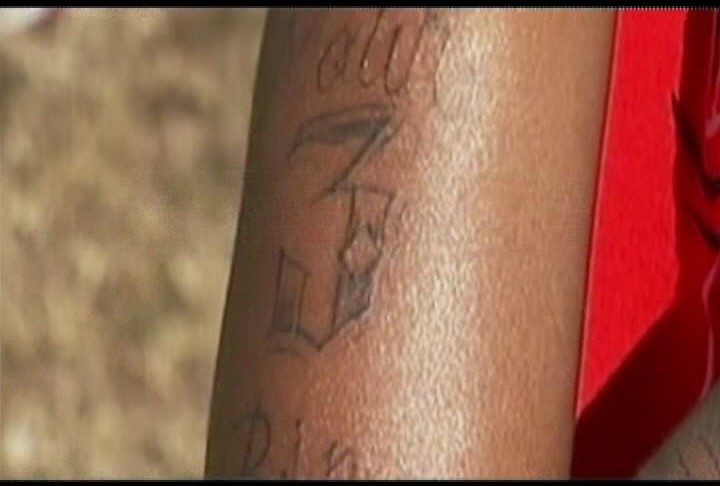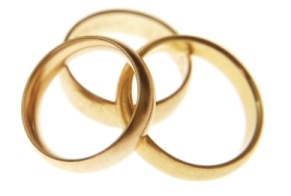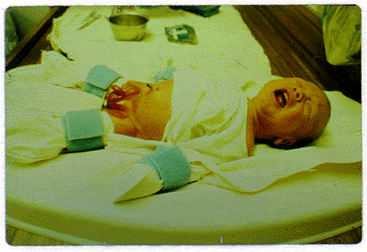On the ethics of non-therapeutic circumcision of minors, with a pre-script on the law
By Brian D. Earp (Follow Brian on Twitter by clicking here.)
PRE-SCRIPT AS OF 25 SEPTEMBER 2012: The following blog post includes material from an informal article I wrote many years ago, in high school, in fact, for a college essay competition. I would like to think that my views have gained some nuance since that time, and indeed with increasing speed, as I have researched the topic in more detail over the past several months–specifically during the period of a little over a year since the blog post first appeared online. Since quite a few (truthfully: many thousands of) people have come across my writings in this area, and since I am now being asked to speak about circumcision ethics in more formal academic company, I feel it is necessary to bring up some of the ways in which my thinking has evolved over those many months.
The most significant evolution is away from my original emphasis on banning circumcision. I do maintain that it is morally wrong to remove healthy tissue from another person’s genitals without first asking for, and then actually receiving, that person’s informed permission; but I also recognize that bringing in the heavy hand of the law to stamp out morally problematic practices is not always the best idea. It is a long road indeed from getting one’s ethical principles in order, to determining which social and legal changes might most sensibly and effectively bring about the outcome one hopes for, with minimal collateral damage incurred along the way. Until enough hearts and minds are shifted on this issue, any strong-armed ban would be a mistake.
In the long term, however, I think the goal remains: that each child should have the same moral, legal, and policy protections regardless of sex or gender, designed to preserve their sexual anatomy in their healthy, intact form until such time as they are mentally competent to make a decision about altering them, surgically or otherwise.
The project for the meantime is to work on hearts and minds.
I am grateful to the many hundreds of individuals who have left thoughtful comments on my sequence of posts on the ethics of circumcision, and I look forward to developing my arguments in ever more sophisticated ways in the coming months and years as this important debate continues. I am especially grateful to those of my interlocutors who have disagreed with me on various points, but who have done so in a thoughtful and productive manner. May we all aim at mutual understanding, so that the best arguments may emerge from both sides, and so that the underlying points of genuine disagreement may be most clearly identified. — B.D.E.
* * *
Routine neonatal circumcision in boys is unethical, unnecessary, and should be made illegal in the United States. Or so I argue in this post.
Yet lawmakers in California, it is now being reported, have introduced a bill with the opposite end in mind. They wish to ban legislation that could forbid circumcision-without-consent. What could be going on?
Read More »Is the non-therapeutic circumcision of infant boys morally permissible?





